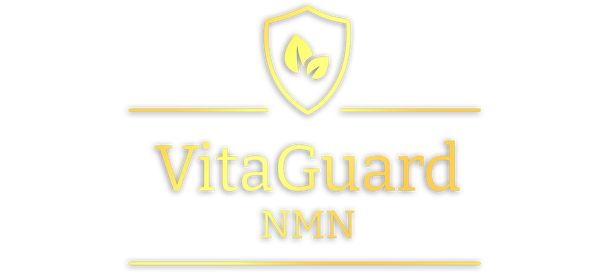A recent study conducted by Yamauchi and colleagues from the University of Tokyo has provided intriguing insights into the effects of nicotinamide mononucleotide (NMN) supplementation on ageing men, with a specific focus on its influence on testosterone levels. NMN, a precursor molecule known to elevate nicotinamide adenine dinucleotide (NAD+) levels, has garnered attention for its potential to address age-related health concerns. This study, though conducted on a small group of healthy older men, offers valuable information about the effects of NMN supplementation on testosterone levels and its implications for ageing individuals.
Safety and Tolerance
Before delving into the impact on testosterone levels, the researchers first assessed the safety of NMN supplementation. After 12 weeks of daily NMN intake at a dosage of 250 mg, no adverse effects were observed. Crucially, this study revealed that NMN supplementation is well-tolerated by ageing men, setting the stage for further exploration of its effects on testosterone.
NMN and Testosterone Levels
The study provides groundbreaking insights by demonstrating that NMN supplementation can significantly influence testosterone levels in ageing men. Previous research had already identified this effect in rodents, but this study offers the first concrete evidence of NMN's impact on testosterone levels in humans. This finding suggests that NMN may have the potential to modulate testosterone production, a critical factor in maintaining various aspects of male health.
NMN's Influence on Muscle Performance and Testosterone
Interestingly, the study also found that NMN supplementation positively affected muscle strength and performance in ageing men. This improvement in muscle function could be linked to the potential impact of NMN on testosterone levels. Testosterone is known to play a pivotal role in muscle development and maintenance, so the observed enhancement in muscle performance may be connected to NMN's influence on testosterone.
Unanswered Questions and Future Research
While this study provides promising insights into the potential effects of NMN supplementation on testosterone levels and muscle performance in ageing men, numerous questions remain unanswered. The study's limited scope involved a small group of healthy men, necessitating further research with a more diverse population, including women. Additionally, the specific mechanisms through which NMN influences testosterone levels require more in-depth investigation.
Dosage Considerations
The study used a dosage of 250 mg of NMN per day, which was both safe and effective in influencing testosterone levels and muscle performance in ageing men. Future research may explore whether higher NMN doses, which are well-tolerated by certain populations, could yield more pronounced effects on testosterone and related health parameters.
Conclusion
In conclusion, Yamauchi and colleagues' study highlights the potential impact of NMN supplementation on testosterone levels in ageing men. The study establishes that NMN is safe and well-tolerated, offering promise for its role in addressing age-related health concerns, particularly those related to testosterone and muscle function. While further research is needed to elucidate the precise mechanisms and effects of NMN supplementation in a larger and more diverse population, these findings represent a significant step toward considering NMN as a potential tool for enhancing testosterone levels and promoting overall male health in the context of ageing. The dosage of 250 mg per day demonstrates efficacy, but further studies may explore the benefits of higher doses that remain safe and well-tolerated. NMN's potential to positively impact testosterone levels is an exciting avenue of research with far-reaching implications for men's health and well-being as they age.
If you would like to read the full article and study, we've included the link below:
https://www.nmn.com/news/12-weeks-of-nmn-supplementation-improves-muscle-function

